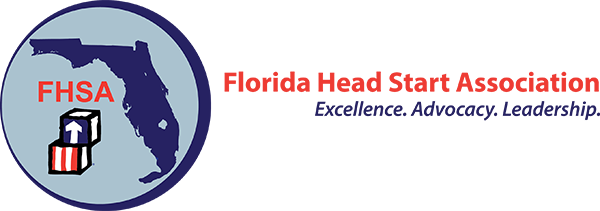- Home
- About Us
- Education & Events
- Membership
- Resources
- News
- FLHSCO
- Head Start Information
AuthoritySection 642B(a)(2)(A) of the Head Start Act authorizes the establishment of Head Start Collaboration Offices (HSCOs) at both the state and national levels. These offices are funded via collaboration grants that are awarded to each state and to national administrative offices serving American Indian/Alaska Native and Migrant and Seasonal Head Start programs. Their purpose is to “facilitate collaboration among Head Start agencies (including Early Head Start agencies) and entities that carry out activities designed to benefit low-income children from birth to school entry, and their families.”
National PrioritiesThe Office of Head Start (OHS) established four priority areas to guide the work of the Head Start Collaboration Offices (HSCOs). 1. Collaborate with state systems to align early care and education services and support for children and families prenatally to age 5. Collaborate across systems to support:
2. Work with state efforts to collect and use data on early childhood programs to guide decision-making and improve child and family outcomes.
Support appropriate access to and use of data to guide decision-making and to improve outcomes in areas such as coordinated eligibility and disparities in access to services. 3. Support the expansion of and access to high-quality workforce and career development opportunities for staff. Work with state professional development systems, including workforce registries and career pathways, and with institutions of higher education to promote expansion and high-quality career development opportunities. 4. Coordinate with school systems to ensure continuity and alignment across programs, as appropriate. Promote continuity of services, program alignment, and support for successful transitions, particularly with state preschool, kindergarten, and with Title I, McKinney-Vento, and Individuals with Disabilities Education Act programs.
|

